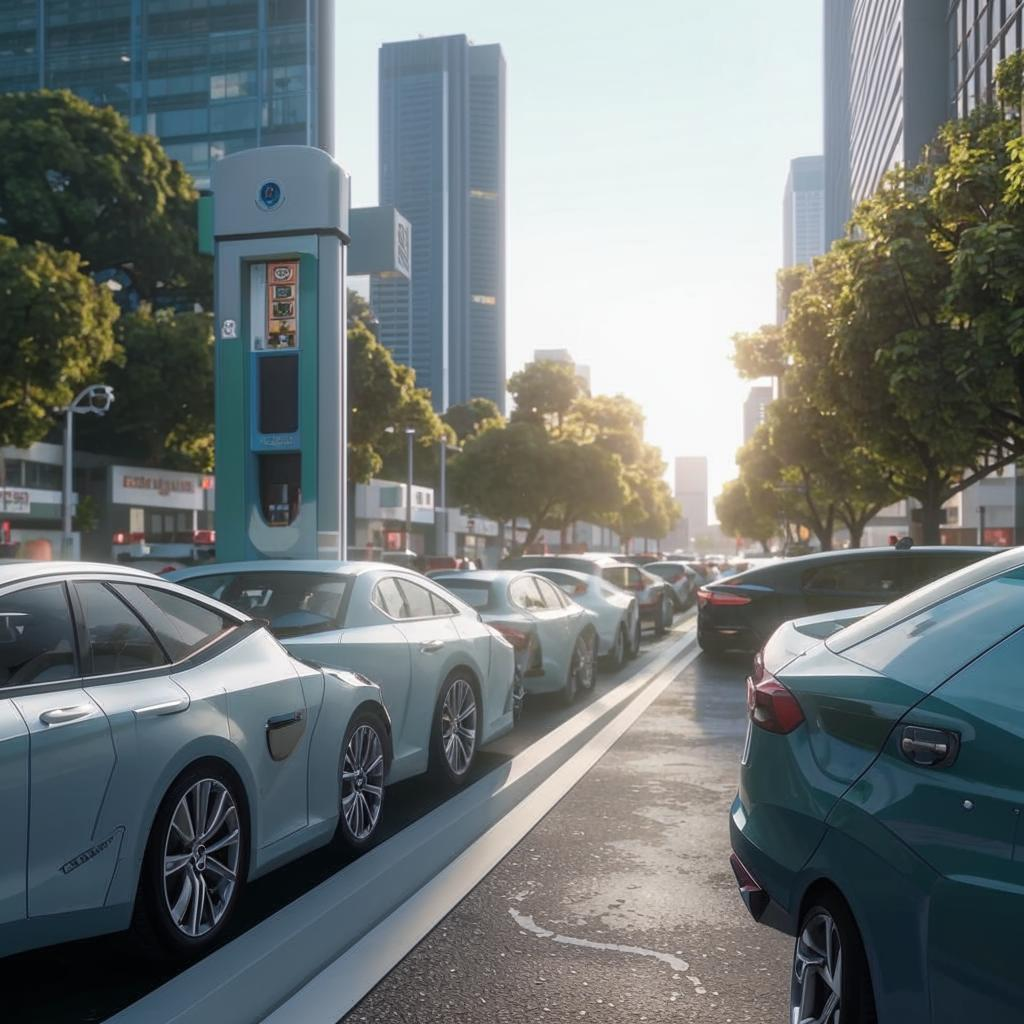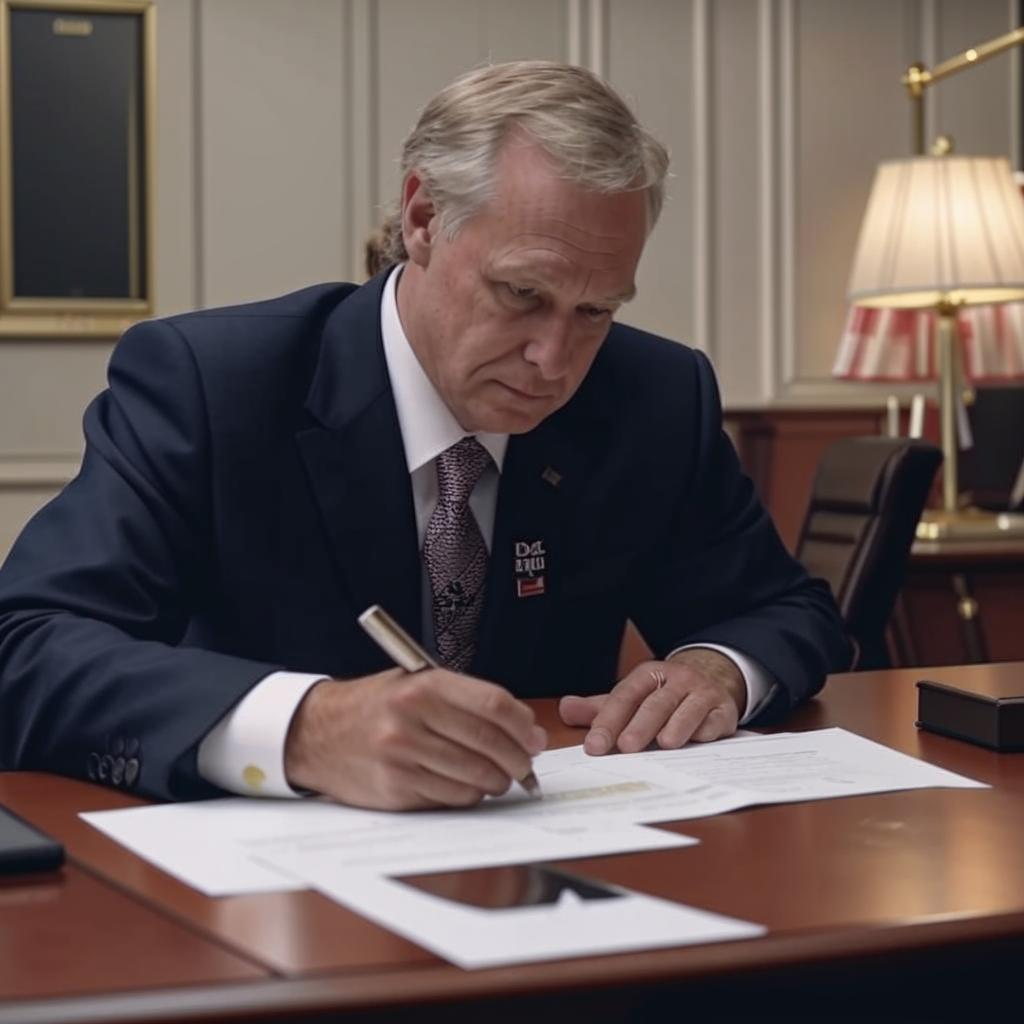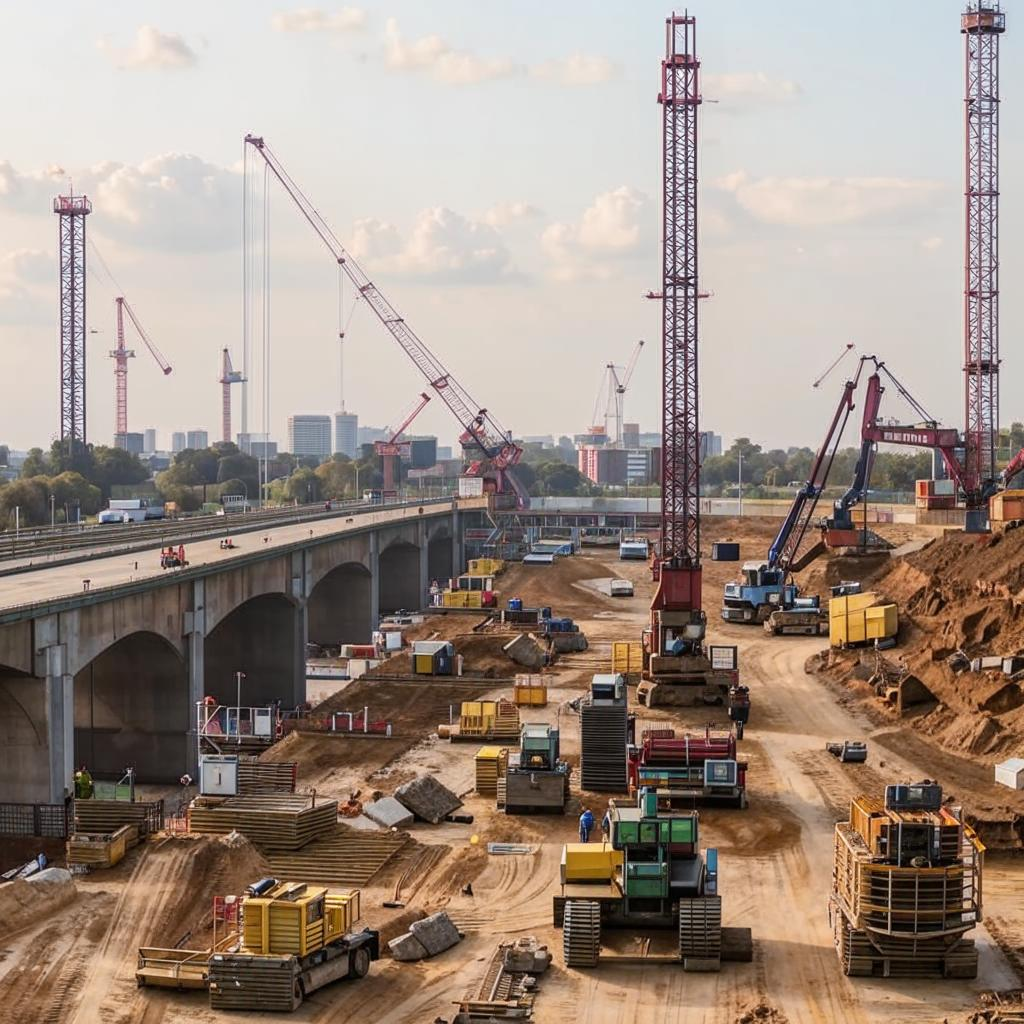Electric vehicle adoption is surging, challenging the long-standing dominance of gasoline-powered cars. Exponential sales growth is fueled by several converging factors. Battery costs are plummeting, making EVs more affordable. Simultaneously, technological advancements have significantly extended the driving range of new models, alleviating range anxiety among potential buyers. Government incentives, such as tax credits and subsidies, are further encouraging consumers to switch to electric.
Traditional automakers, once hesitant, are now investing heavily in EV development and production to avoid being left behind. This influx of new EV models from established brands is increasing competition and driving innovation. However, the rapid growth in EV adoption is straining the existing charging infrastructure. Public charging stations are often overcrowded, and the lack of readily available charging options remains a major barrier for many consumers.
While consumer acceptance of EVs is steadily rising, significant concerns persist. The initial purchase price of an EV remains higher than comparable gasoline vehicles, despite declining battery costs. The availability and reliability of public charging are also major worries. Finally, questions about the long-term durability and replacement costs of EV batteries continue to linger in the minds of potential buyers. Overcoming these challenges will be crucial to ensuring the continued growth and ultimate success of electric vehicles. Finishtit












